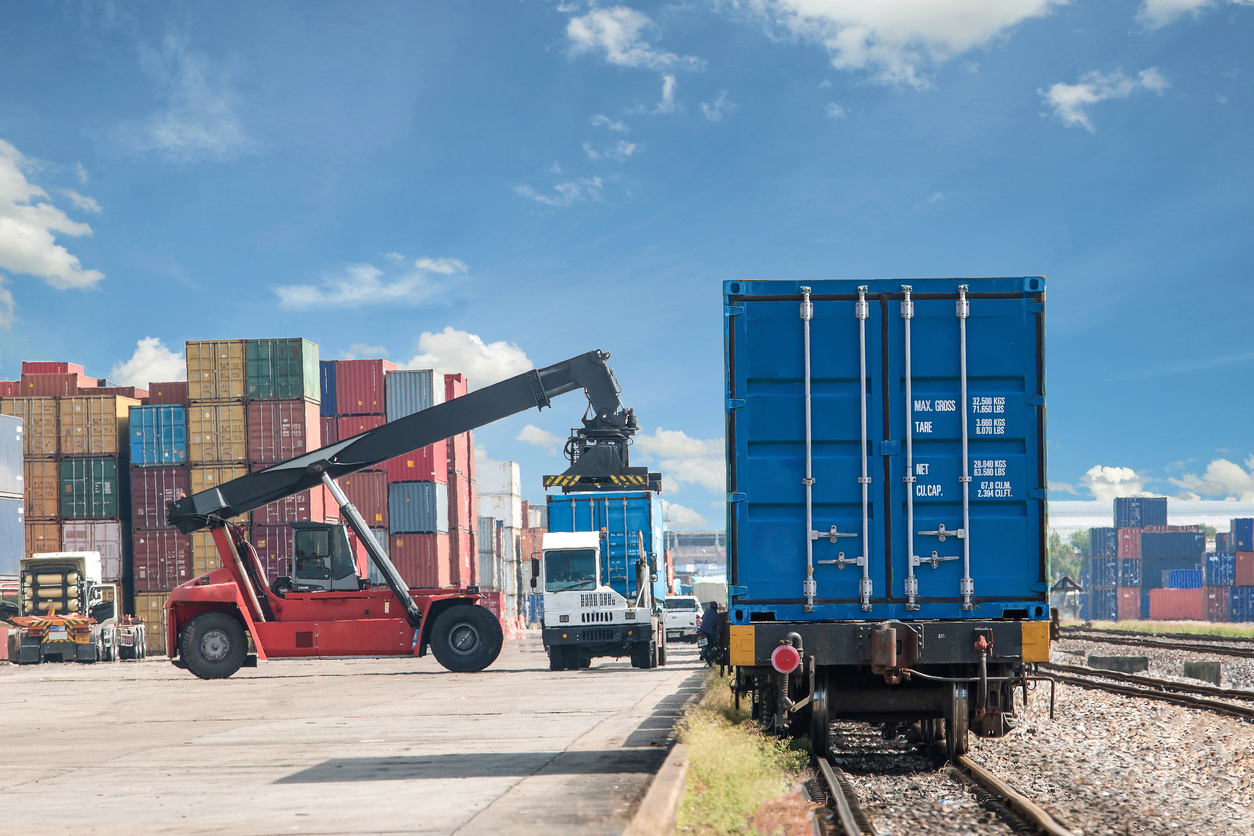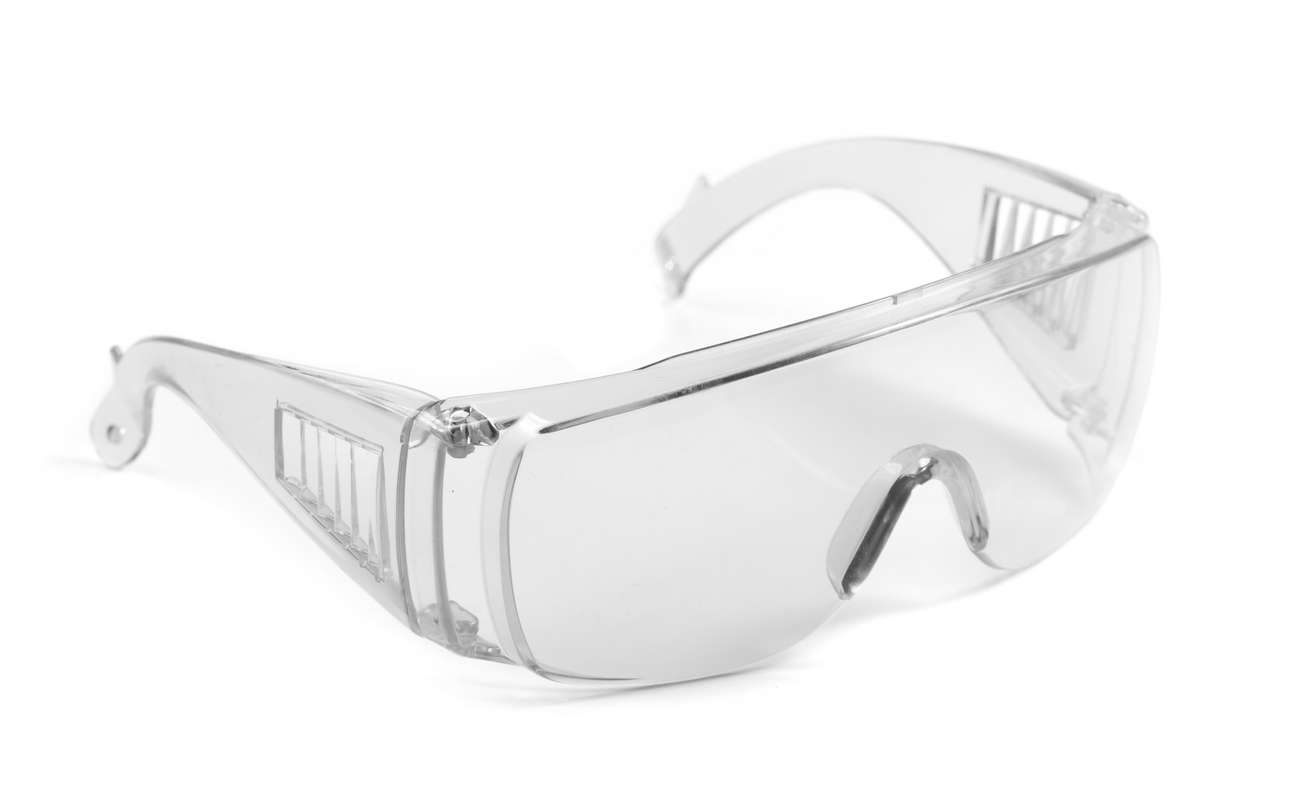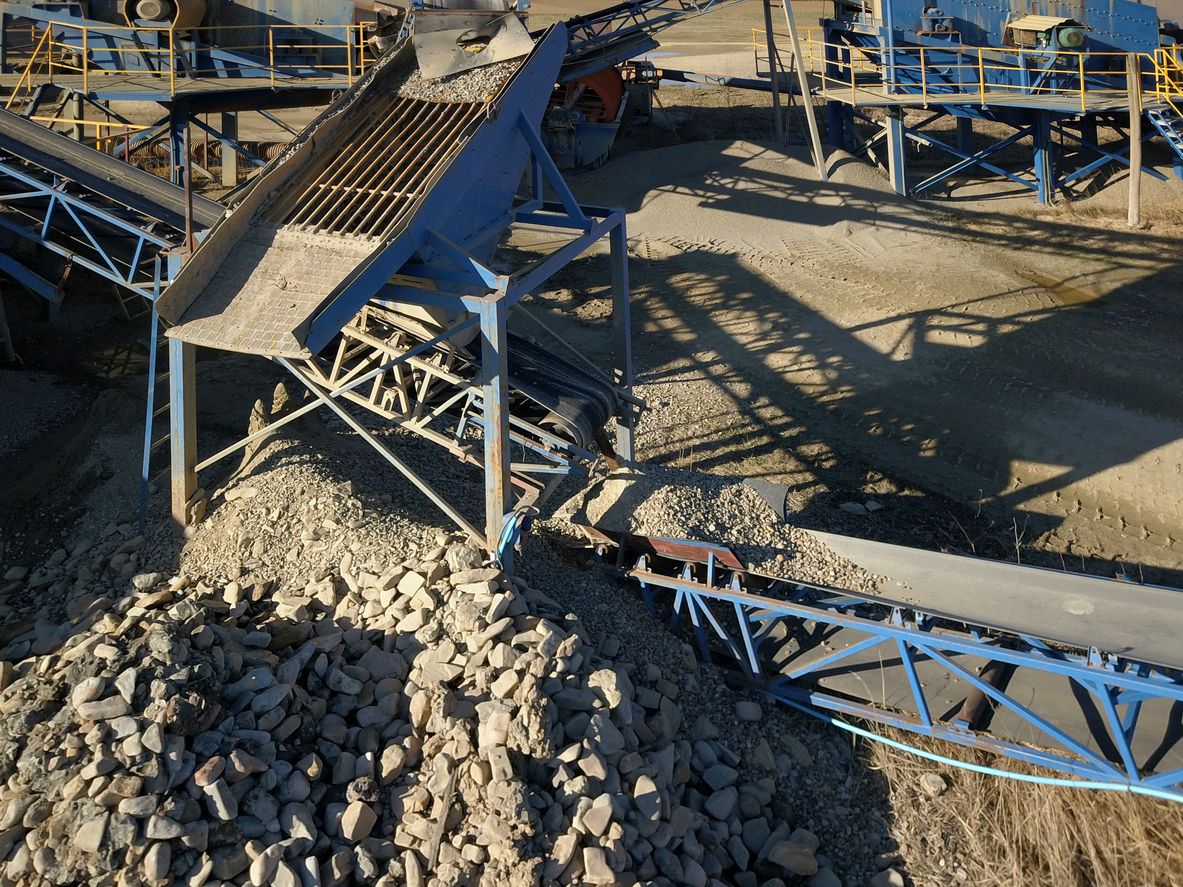Wigmore Trading: Your Trusted Partner for Lifting Equipment Inspection in Nigeria
Wigmore Trading: Your Trusted Partner for Lifting Equipment Inspection in Nigeria
Are you tired of compromising on safety when it comes to your lifting equipment? Look no further than Wigmore Trading – your trusted partner for lifting equipment inspection in Nigeria. With a proven track record of excellence and an unwavering commitment to ensuring the highest standards, we are here to revolutionize the way you approach equipment inspections. Say goodbye to uncertainty and hello to peace of mind as we take care of all your inspection needs, because at Wigmore Trading, safety is our top priority.
Introduction to Wigmore Trading and their services
Introduction to Wigmore Trading and their services
Wigmore Trading is a leading provider of lifting equipment inspection services in Nigeria. With over 20 years of experience in the industry, they have built a reputation for delivering high-quality and reliable services to their clients. Their team of highly trained professionals are dedicated to ensuring the safety and efficiency of all lifting equipment, helping businesses comply with regulations and standards.
Established in 1999, Wigmore Trading has grown to become one of the most trusted names in the Nigerian market for lifting equipment inspection. They offer a wide range of services including inspection, testing, certification, training, and consulting. Their comprehensive approach ensures that all aspects of lifting equipment safety are covered, providing peace of mind for their clients.
Inspection Services
Wigmore Trading offers thorough and detailed inspections for all types of lifting equipment such as cranes, hoists, slings, shackles, chains, wire ropes and more. Their team follows strict guidelines set by international standards such as LOLER (Lifting Operations and Lifting Equipment Regulations) and ASME B30 (Safety Standard for Cableways). They use advanced tools and techniques to identify any potential hazards or defects that may compromise the safety and functionality of the equipment.
Testing Services
In addition to inspections, Wigmore Trading also provides testing services to ensure that all equipment is functioning properly. This includes load testing using calibrated weight bags or hydraulic jacks to verify weight capacity limits as well as proof load testing for new installations or major repairs. All tests are carried out in accordance with relevant standards to guarantee accuracy and reliability.
Certification Services
Once an inspection has been completed successfully, Wigmore Trading issues a certificate stating that the equipment meets all necessary safety requirements. These certificates can be used as evidence of compliance during audits or regulatory checks.
Training Services
To further enhance safety in workplaces using lifting equipment, Wigmore Trading offers training programs for operators on safe handling procedures, equipment maintenance, and emergency response protocols. They also provide training for supervisors and managers on how to conduct regular checks and identify potential hazards.
Consulting Services
Wigmore Trading’s team of experts are available for consultation services to assist businesses in developing customized lifting equipment safety plans. They can also advise on the selection of appropriate equipment for specific lifting tasks.
Conclusion
Wigmore Trading is a reliable partner for all lifting equipment inspection needs in Nigeria. Their comprehensive range of services ensures the safety and compliance of all types of lifting equipment, giving businesses peace of mind and enabling them to focus on their operations without worrying about safety risks. Trust Wigmore Trading for all your lifting equipment inspection needs.
The importance of lifting equipment inspection in Nigeria
Lifting equipment plays a crucial role in various industries such as construction, manufacturing, and transportation. They are used to lift and move heavy loads, making them an essential part of daily operations. However, with the frequency of use and the weight they carry, it is necessary to prioritize their safety through regular inspections.
In Nigeria, where industrial growth is rapidly increasing, the importance of lifting equipment inspection cannot be stressed enough. The country has witnessed numerous accidents in recent years due to the failure of lifting equipment. These incidents not only result in loss of life but also cause significant financial implications for businesses.
One major reason for these accidents is the lack of proper maintenance and inspection of lifting equipment. Many companies often neglect this aspect or overlook its significance, leading to disastrous consequences. Inadequate training and knowledge about safety standards are also contributing factors.
Regular inspection of lifting equipment is crucial for several reasons:
1) Ensures Compliance with Regulations: It is mandatory for all businesses operating in Nigeria to comply with the Occupational Safety and Health Act (OSHA). This act sets out specific regulations that businesses must follow concerning workplace safety. Regular inspections help ensure that your lifting equipment meets these standards and avoids any legal repercussions.
2) Prevents Accidents: As mentioned earlier, failing to inspect lifting equipment can lead to catastrophic accidents resulting in injuries or even fatalities. Routine inspections help identify potential issues before they escalate into something more severe. This not only protects your employees but also prevents damage to property and costly downtime.
3) Increases Lifespan: Regular inspections allow for early detection of wear and tear or other defects that can compromise the functionality of your lifting equipment. Addressing these issues promptly ensures longevity and reduces the need for costly repairs or replacements.
4) Saves Money: Neglecting regular inspections may seem like a cost-saving measure at first glance; however, it can end up costing you more in the long run. Accidents caused by faulty lifting equipment can result in hefty fines, legal fees, and compensation claims. Additionally, unexpected breakdowns or replacements can disrupt operations and result in financial losses.
The importance of lifting equipment inspection in Nigeria cannot be emphasized enough. It not only ensures compliance with regulations but also promotes a safe working environment and protects your employees and business from potential hazards. At Wigmore Trading, we understand the critical role of inspections and offer comprehensive services to help businesses comply with safety standards. Don’t compromise on the safety of your workplace – trust us to be your reliable partner for lifting equipment inspections in Nigeria.
What is involved in a lifting equipment inspection?
A lifting equipment inspection is a crucial process that ensures the safe and efficient operation of lifting equipment in various industries such as construction, manufacturing, and logistics. It involves thorough checks and assessments of all components and parts of lifting equipment to identify any potential hazards or defects that could compromise its performance.
The first step in a lifting equipment inspection is a visual examination which includes an overall check of the condition of the equipment. This involves looking for any signs of wear and tear, corrosion, cracks or damage to the structure, controls, cables, chains, hooks, and other critical components. The inspector will also check for proper labeling and load capacity markings as well as ensuring that all safety devices are in place.
Next, a functional test is carried out to evaluate the performance of the lifting equipment. This involves operating the equipment under normal working conditions to ensure that it functions properly without any unexpected noises or malfunctions. The inspector will also test emergency stop buttons and other safety mechanisms to confirm their effectiveness.
In addition to visual and functional checks, non-destructive testing (NDT) methods may be used during a lifting equipment inspection. These include techniques such as magnetic particle testing, ultrasonic testing, dye penetrant testing or radiographic testing which can identify hidden defects within the materials of the equipment.
Furthermore, load tests are performed on lifting machines with adjustable load capacity such as cranes and hoists. This ensures that they can safely handle their maximum rated load without failure or deviation from standard operating procedures.
After completing these steps successfully, detailed reports are generated by certified inspectors outlining any identified issues along with recommendations for repairs or replacements if necessary. These reports serve as important documentation for compliance with regulatory standards and provide evidence of regular maintenance efforts.
It’s important to note that regular inspections are not only essential for ensuring safety but also mandated by law in many countries including Nigeria. Neglecting to conduct periodic inspections can lead to accidents resulting in injuries or fatalities, legal consequences, and costly downtime for businesses.
A thorough lifting equipment inspection involves visual and functional checks, non-destructive testing methods, load tests and detailed reports to ensure that the equipment is safe and in compliance with standards. At Wigmore Trading, we understand the importance of these inspections and are committed to providing reliable and comprehensive services to our clients in Nigeria. Trust us as your partner for all your lifting equipment inspection needs.
Why choose Wigmore Trading for your lifting equipment inspection needs?
Choosing the right partner for your lifting equipment inspection needs is crucial to ensure the safety and efficiency of your operations. At Wigmore Trading, we understand the importance of having reliable and well-maintained lifting equipment, which is why we offer comprehensive inspection services that adhere to international standards.
Here are some reasons why you should choose Wigmore Trading for all your lifting equipment inspection needs in Nigeria:
1. Expertise and Experience:
Wigmore Trading has been a trusted name in the Nigerian market for over 20 years. Our team of highly trained and experienced technicians have extensive knowledge about various types of lifting equipment, their functionalities, and potential risks associated with them. We follow a systematic approach to conduct thorough inspections, identifying any potential hazards or deficiencies that could compromise the safety of your equipment and personnel.
2. State-of-the-art Equipment:
We believe in using only the best tools and technology to perform our inspections. At Wigmore Trading, we have invested in state-of-the-art equipment such as ultrasonic testing machines, magnetic particle testing kits, load cells, dial gauges, calibrators, among others. This enables us to provide accurate results and detect even minor defects that may go unnoticed by untrained eyes.
3. Compliance with International Standards:
Our lifting equipment inspection services comply with international standards such as LOLER regulations (Lifting Operations & Lifting Equipment Regulations) and PUWER (Provision & Use of Work Equipment Regulations). We also follow other industry-specific guidelines like NIS ISO 17020:2012 for conformity assessment bodies performing inspections.
4. Comprehensive Inspection Reports:
After every inspection service at Wigmore Trading, we provide detailed reports outlining our findings along with recommendations on how to rectify any identified issues. These reports are essential not only for compliance purposes but also serve as a record of maintenance history for your lifting equipment.
5. Customized Solutions:
At Wigmore Trading, we understand that each client’s needs may vary, and we strive to provide customized solutions accordingly. Our team of experts will work closely with you to understand your specific requirements and tailor our services to meet them.
Choosing Wigmore Trading for your lifting equipment inspection needs means partnering with a reliable and experienced company that ensures the safety and efficiency of your operations. Contact us today for all your lifting equipment inspection needs in Nigeria.
Case studies and success stories from satisfied clients
At Wigmore Trading, our top priority is ensuring the safety and satisfaction of our clients. We understand that investing in lifting equipment can be a significant decision for businesses, and we are committed to providing reliable and high-quality inspection services to ensure the proper functioning of your equipment.
To showcase our dedication to excellence, we would like to share some case studies and success stories from satisfied clients who have worked with us for their lifting equipment inspection needs.
One of our long-standing clients is a leading manufacturing company in Nigeria. They had been using the same lifting equipment for several years without any regular inspections or maintenance. As a result, they started experiencing frequent breakdowns, leading to costly production delays. In need of urgent assistance, they turned to Wigmore Trading for help.
Our team conducted a comprehensive inspection of their entire fleet of lifting equipment and identified several critical issues that needed immediate attention. We provided them with a detailed report outlining the necessary repairs and maintenance tasks required to bring their equipment up to standard.
Thanks to our timely intervention, not only were they able to avoid any potential safety hazards but also saw an improvement in their overall production efficiency due to properly functioning equipment. Our client was extremely satisfied with our prompt response and professional approach towards resolving their issue.
Another success story comes from one of our clients in the construction industry. They had recently purchased new cranes from an overseas supplier but were unsure about the quality and reliability of the equipment. To ensure compliance with safety regulations, they reached out to Wigmore Trading for third-party validation through an independent inspection.
Our team meticulously inspected every aspect of the cranes and provided a comprehensive report detailing their findings. The client was pleased with our thoroughness and appreciated knowing that their investment was worth it in terms of quality assurance.
These are just two examples among many others where Wigmore Trading has helped businesses across various industries with reliable lifting equipment inspection services. Our commitment towards delivering exceptional results has earned us the trust and satisfaction of our clients, and we continue to strive towards exceeding their expectations.
Tips for maintaining safe and efficient lifting equipment
Maintaining safe and efficient lifting equipment is crucial for any organization that relies on these tools for their daily operations. Not only does it ensure the safety of workers, but it also helps to prolong the lifespan of the equipment, saving companies from costly repairs or replacements. In this section, we will discuss some important tips for maintaining safe and efficient lifting equipment.
1. Regular Inspections:
One of the most important things you can do to maintain safe and efficient lifting equipment is to conduct regular inspections. This includes visual checks before each use and more detailed inspections at least once a year by a qualified professional. These inspections should cover all aspects of the equipment including structural integrity, wear and tear on parts, and proper functioning of safety features.
2. Proper Storage:
Proper storage is essential in maintaining the integrity of your lifting equipment. When not in use, make sure to store them in a dry and clean area away from extreme temperatures or corrosive materials. It is also important to store them in a way that prevents damage to critical parts such as hooks, chains, or cables.
3. Cleaning and Lubrication:
Regular cleaning and lubrication are necessary for keeping your lifting equipment in good working condition. This helps prevent rusting or corrosion which can weaken the structure of the equipment over time. Using appropriate lubricants can also help reduce friction between moving parts, minimizing wear and tear.
4. Training:
Proper training is crucial for ensuring safe operation of lifting equipment by employees. Make sure all operators are trained on how to use the specific type of lift they will be using, as well as any relevant safety precautions to take while operating it.
5.Track Maintenance Records:
Keeping detailed records of maintenance activities performed on your lifting equipment can help identify patterns or potential issues before they become major problems. It also ensures that all necessary maintenance tasks are completed consistently and on schedule.
6.Replace Worn Out Parts:
Regular inspection may reveal worn out or damaged parts on your lifting equipment. It is important to replace these parts immediately to prevent accidents and ensure the efficiency of the equipment.
7. Follow Manufacturer’s Guidelines:
Always follow the manufacturer’s guidelines for proper use, maintenance, and storage of your lifting equipment. These guidelines are based on extensive testing and research, ensuring that their products are used safely and efficiently.
By following these tips, you can maintain safe and efficient lifting equipment in your workplace. However, it is always recommended to have a trusted partner like Wigmore Trading for professional inspection services to ensure that your lifting equipment meets all safety standards and regulations. Remember, a well-maintained lift equals a safer workplace for everyone involved.
Conclusion: Why investing in regular lifting equipment inspections is crucial for businesses in Nigeria.
Conclusion: Why investing in regular lifting equipment inspections is crucial for businesses in Nigeria
It is evident that investing in regular lifting equipment inspections is crucial for businesses in Nigeria. Not only does it promote safety and compliance with regulations, but it also has numerous other benefits that can positively impact a business’s operations and bottom line.
Firstly, regular lifting equipment inspections ensure the safety of workers and prevent potential accidents. This is especially important in industries such as construction, manufacturing, and logistics where heavy lifting machinery is used extensively. By identifying any faults or malfunctioning parts through inspections, businesses can take timely measures to repair or replace them before they cause harm to employees.
Moreover, adhering to inspection regulations also helps companies avoid legal consequences. In Nigeria, there are strict laws and regulations governing workplace safety, and failure to comply can result in hefty fines or even shutdowns. By regularly inspecting their lifting equipment, businesses can demonstrate their commitment to maintaining safe working conditions for their employees.
Investing in regular inspections also helps extend the lifespan of lifting equipment. Through thorough checks and maintenance during inspections, minor issues can be identified and addressed before they escalate into major problems that require costly repairs or replacements. This not only saves money but also ensures uninterrupted operations as breakdowns due to faulty equipment can lead to delays and losses.
Furthermore, incorporating regular lifting equipment inspections into a company’s operational plan can improve efficiency. When machines are functioning at optimal levels without any hidden defects or malfunctions, they work more efficiently which leads to increased productivity. This allows businesses to meet project deadlines faster while maintaining quality standards.
Partnering with a reputable inspection service provider like Wigmore Trading gives businesses access to expert knowledge on the latest industry standards and best practices for maintaining lifting equipment. The team at Wigmore Trading has years of experience working with various industries in Nigeria and understands the unique needs of each sector when it comes to inspection services.
Investing in regular lifting equipment inspections is crucial for businesses in Nigeria. It promotes safety, ensures compliance with regulations, extends the lifespan of equipment, improves efficiency, and provides access to expert knowledge. By partnering with Wigmore Trading for lifting equipment inspections, businesses can have peace of mind knowing that their operations are in line with industry standards and their employees are working in a safe environment.








Comments are closed.